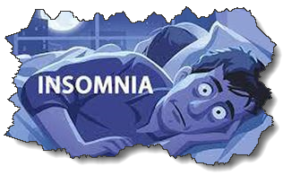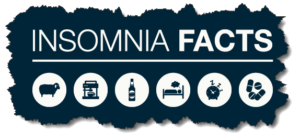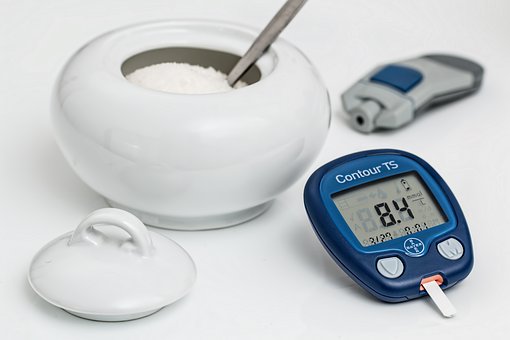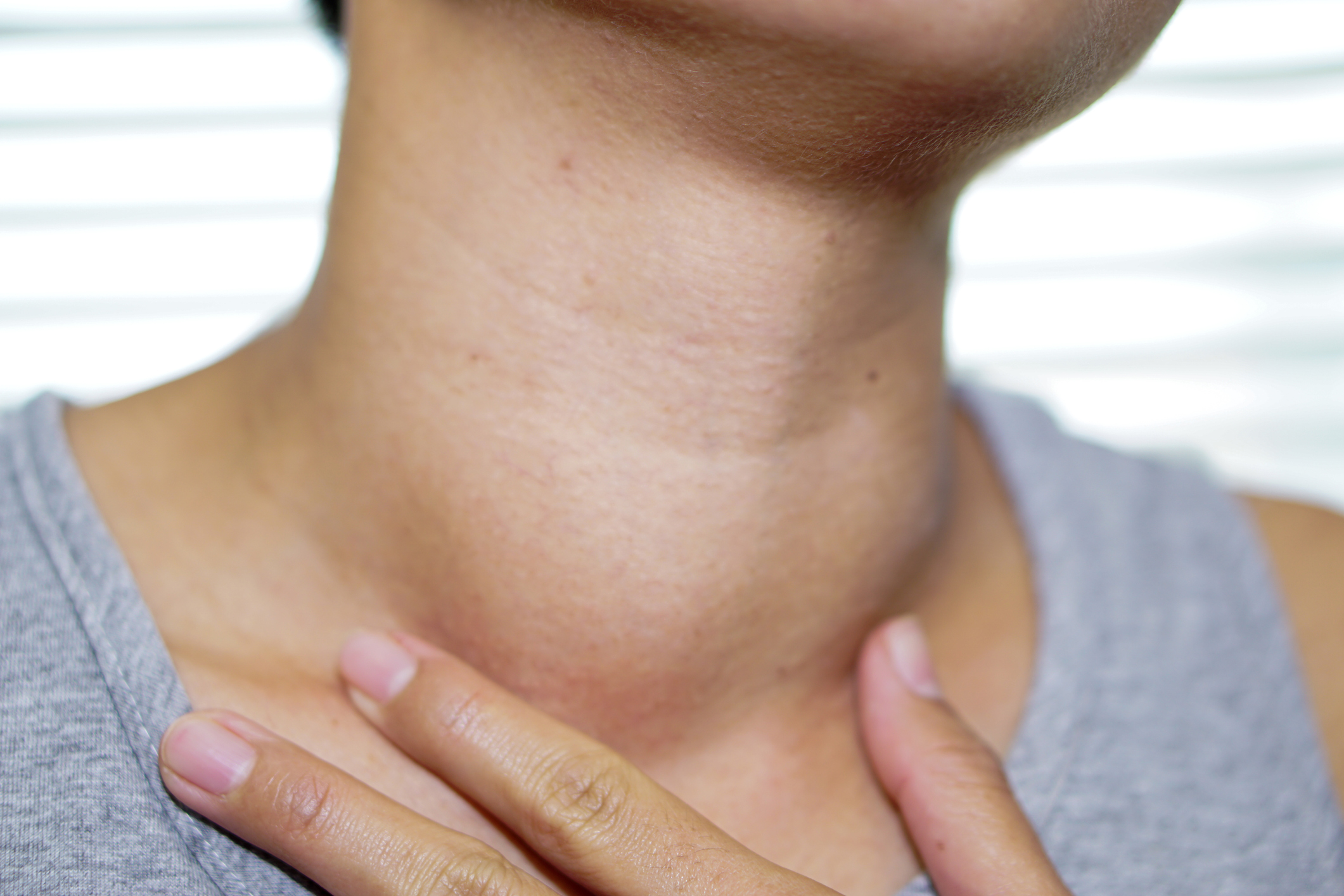The known and the unexpected reasons for not sleeping
Many people have sleep difficulties that prevent them from getting enough sleep.
Which has a detrimental impact on their physical and psychological health,
and the causes of sleep deprivation vary, robbing them of the blessing of receiving enough and comfortable sleep.
We will learn about the idea of insomnia, its causes, and treatment options in the following paragraphs.
Insomnia
Abstract:
- Insomnia is a problem with falling asleep or sleeping for a long period under ideal conditions.
- ,, is not a typical reaction to life’s stressors; it needs to be addressed seriously and treated.
- ,, could be a symptom of something else.
- There is no precise test for insomnia, and doctors utilize various techniques to rule out other issues.
- The easiest method to avoid insomnia is to stay on a regular nighttime schedule in a comfortable setting.
*Insomnia is one of the most frequent sleep disorders in adults, characterized by difficulty falling asleep
or staying asleep for long periods despite a pleasant environment and the appropriate time.
Insomniacs frequently feel unsatisfied and do not get enough sleep,
and many people go through it without needing treatment. Many people assume that insomnia is
a typical reaction to everyday stress, but it is critical to take it seriously because it is linked to physical health.
– is defined as a loss of sleep, interrupted or diminished sleep that has a detrimental impact on
the patient’s mental and physical health. Another issue is the patient’s inability to get a good night’s sleep,
which affects their activity during the day. Insomnia causes a person to have difficulties getting asleep,
keeping asleep, waking up early, not being able to return to sleep, and occasionally feeling tired after waking up.
Types of insomnia:
Insomnia is classified into two categories based on when it occurs:
- Non-chronic insomnia is a type of insomnia that lasts only a few days or a week and is caused by stress,
nervous tension, or traumatic events, such as insomnia the night before an exam or after receiving
terrible news. This sort of temporary sleep disorder affects a large number of people,
and it usually goes away without treatment.
- Chronic insomnia is defined as sleep disruption that occurs at least three evenings per week and lasts
at least three months. Insomnia could be the primary issue, or it could be linked to a medical
condition, psychological problem, or medicine.
Sleep deprivation has numerous causes, which Dr. Hassan Shamsi Pasha summarized in the following points:
1/Anxiety and psychological tension, for example, are the most common cause of sleep deprivation.
2/ Being afflicted with a disease. In this scenario, treating insomnia is a part of treating the underlying condition.
3 / Eating a large meal before going to bed: This produces indigestion, contributing to insomnia.
4/ Tobacco: Nicotine in cigarettes is a brain-stimulating chemical that can cause sleeplessness.
5 / Have a cup of coffee or tea before going to bed
6/ Noise; Because of the noise, some people cannot sleep.
7/ work late at night;
8/ hypnotic medicines; hypnotic drugs might cause drowsiness during the day and affect your blood quality.
9/ Lack of physical exertion leads to an increase in insomnia among individuals who do not exert a significant amount of physical work.

Symptoms:
- Inability to fall asleep.
- Waking up in the middle of the night and having trouble falling asleep.
- Get up early, much before your scheduled wake-up time.
- After waking up, I do not feel that refreshed.
- During the day, you may feel tired and lethargic.
- Disorders of the mind (such as difficulty concentrating).
- Disturbance of behavior (such as feeling impulsive or aggressive).
- Mood swings are a common occurrence.
- Workplace or school issues
- Issues in interpersonal relationships.
When should you consult a physician?
- if insomnia impairs one’s lifestyle.
- when one feels weary or lethargic during the day.
- if one’s productivity, enjoyment with friends, family, or hobbies are hampered by insomnia.
- When attempting to change, the sleep routine fails.
Diagnosis:
To diagnose insomnia, doctors use a variety of techniques, including:
- Personal background.
- Some questionnaires and sleep records.
Blood tests rule out sleeplessness caused by certain drugs or health issues. - Make a sleeping schedule.
These tests aid in developing a suitable treatment plan by the doctor.
Risk factors include:
- Stress and psychological illnesses.
- I’m not modifying my sleep schedule.
Groups most at risk include:
-Women.
-Older adults (over 60 years old).
-People with a chronic disease
Complications:
*The impact on the overall quality of life

* Poor physical ability.
* Social performance is impacted.
*A reduction in job performance.
*The impact on one’s mental health
* Patients with chronic insomnia have a high prevalence of psychiatric comorbidities.
Insomnia and sleep deprivation treatment:
The most crucial things to remember if you want to get rid of insomnia are:
1/ Unwind before going to bed
2/ Take five minutes to breathe properly.
3/ Rearrange the bedroom, make the bed as comfortable as possible, and adjust the lighting because it
may be bright, and it is unhealthy for a sleepless person to sleep in a dark room with no light.
4 / Insomnia is considerably reduced by changing sleep habits, minimizing daytime sleep, and
committing to sleeping early daily.
5/ Reducing stimulant intakes, such as coffee and smoking
6 / Instill a sense of positivity in yourself to help you feel less anxious.
7/ If you’re tired, go to bed right away.
8/ Don’t consume a lot of food before going to bed.
9/ Before going to sleep, take a bath in lukewarm water closer to chilly and consume milk,
which is regarded as relaxing.
The risks of not getting enough sleep include:
1/ Lack of sleep raises the risk of chronic diseases like heart disease and diabetes.
A lack of sleep causes 2/ Skin aging.
3 / lowers sexual desire.
4/ causes weight gain.
5/depression, and loss of sleep has been shown in numerous studies to increase the rate of chronic depression significantly.
6/ Lack of sleep impairs cognitive performance; when a person is unable to operate properly after a night of insufficient sleep,
7 / Drowsiness causes accidents, and lack of sleep and Drowsiness are the root causes of numerous terrible incidents.







